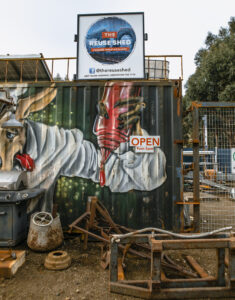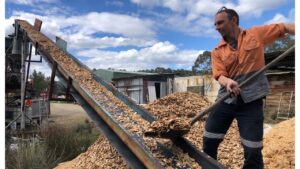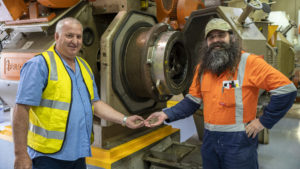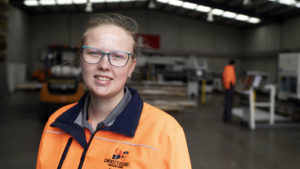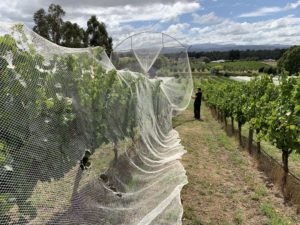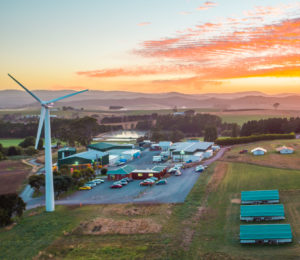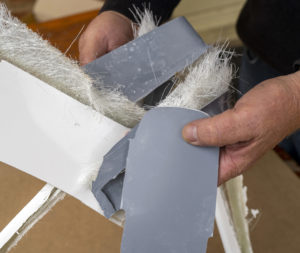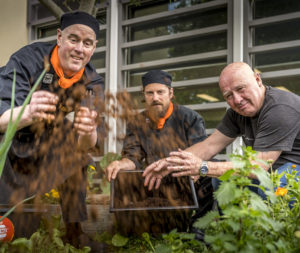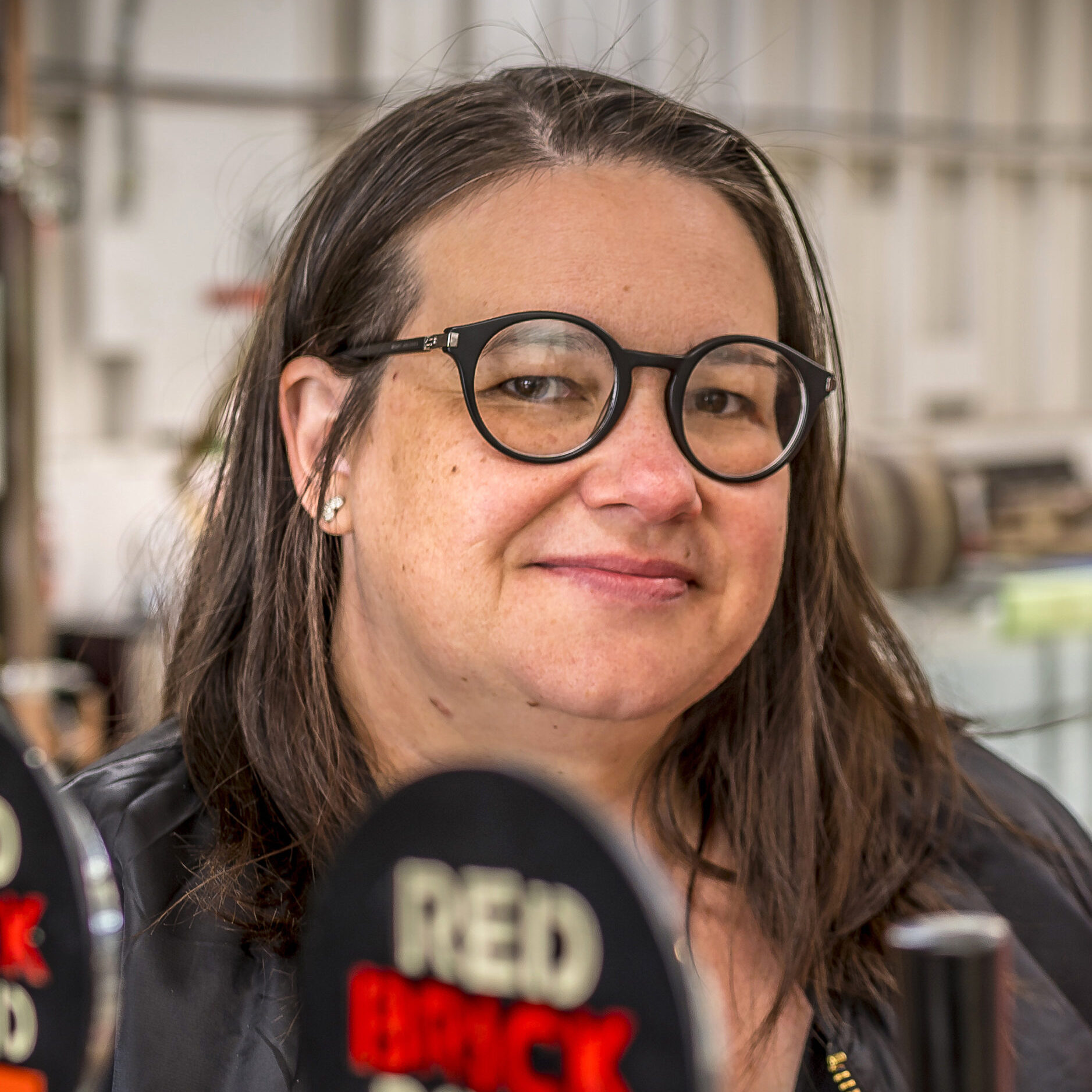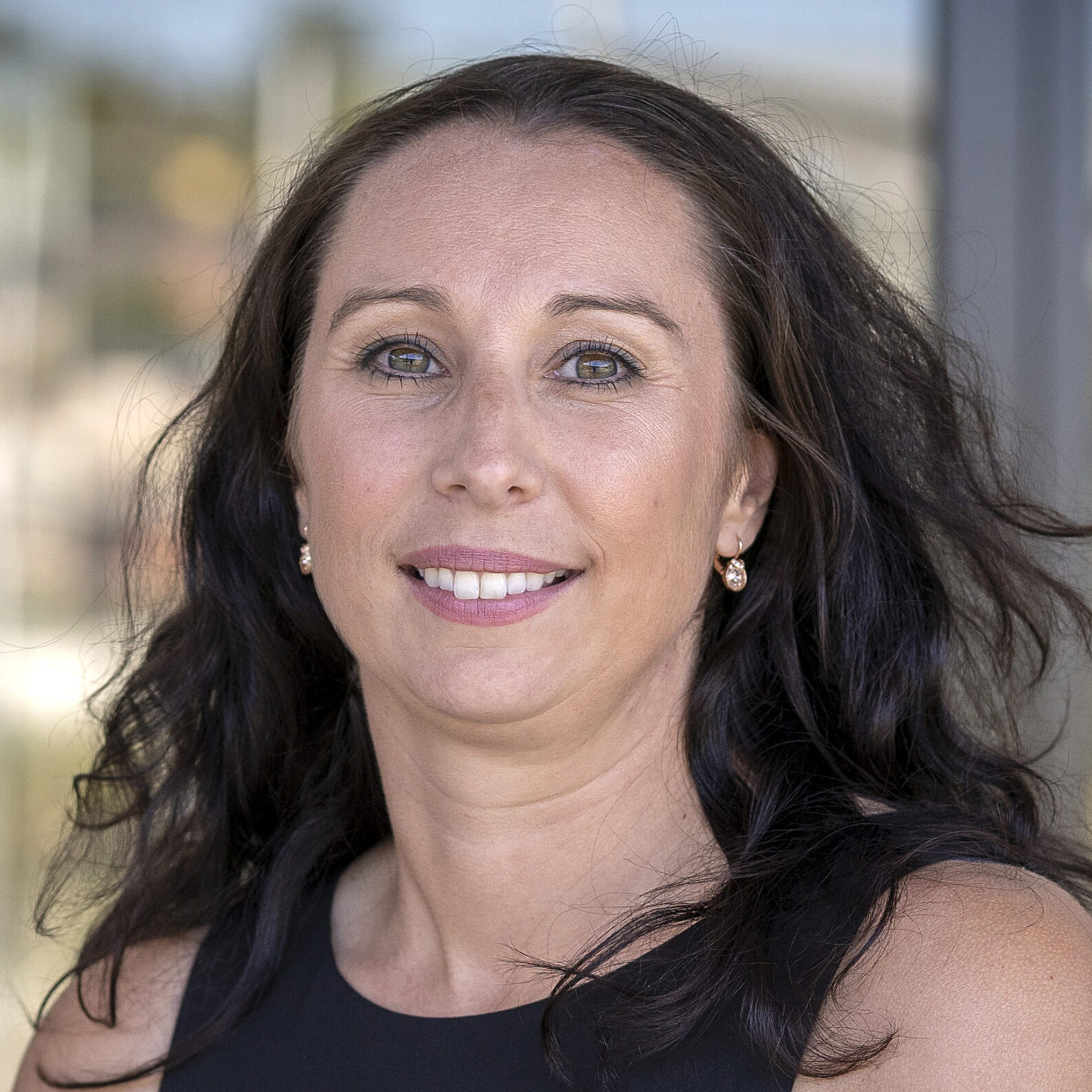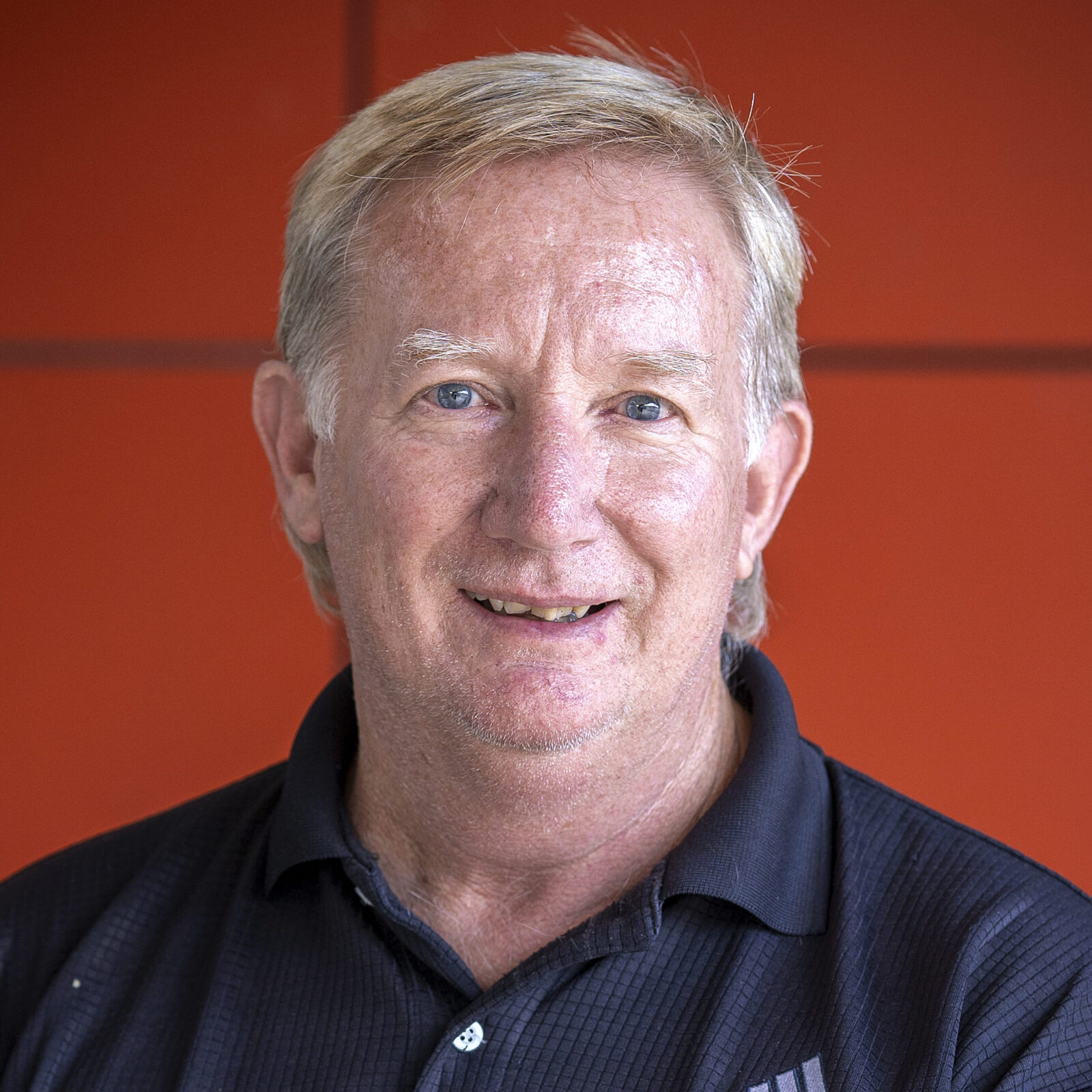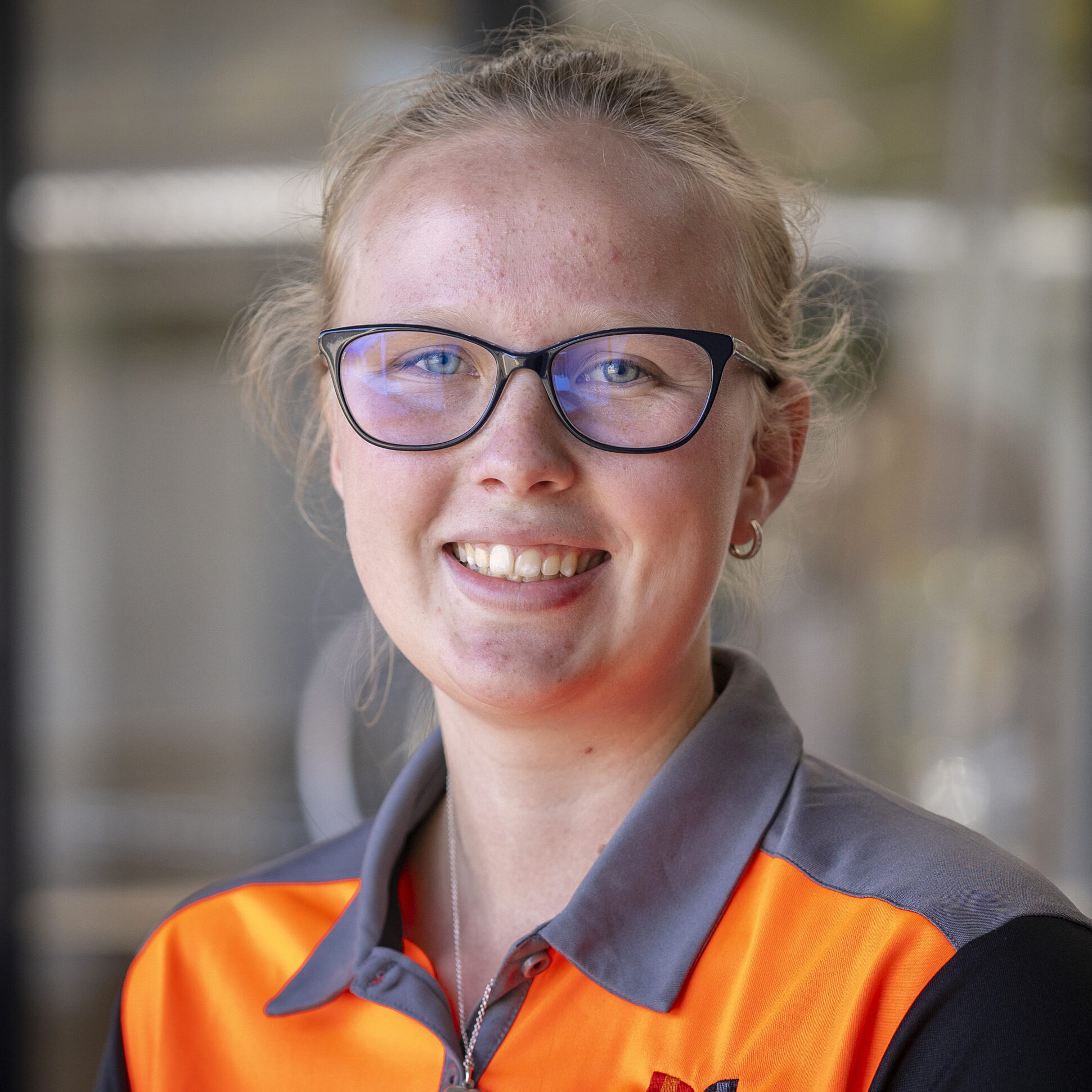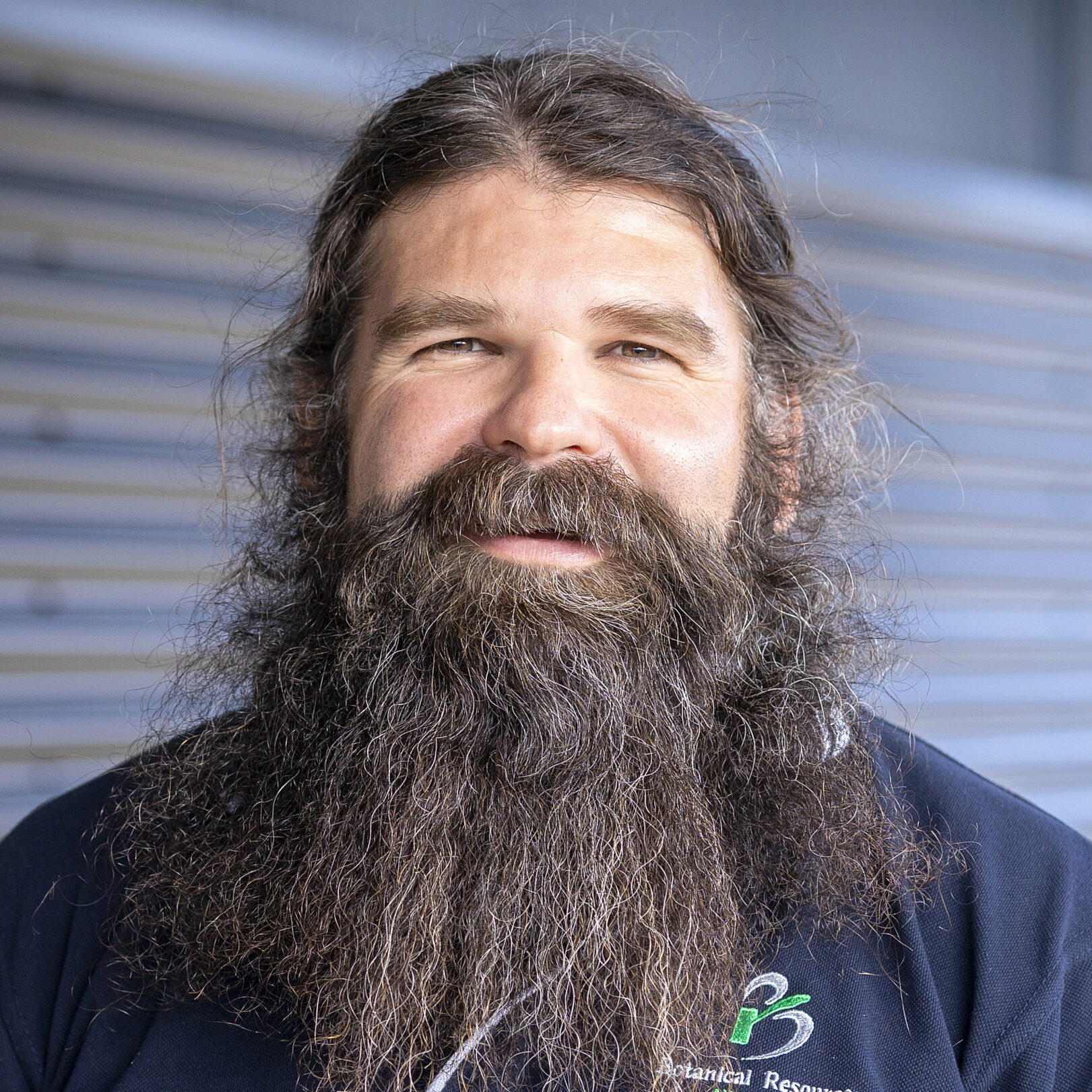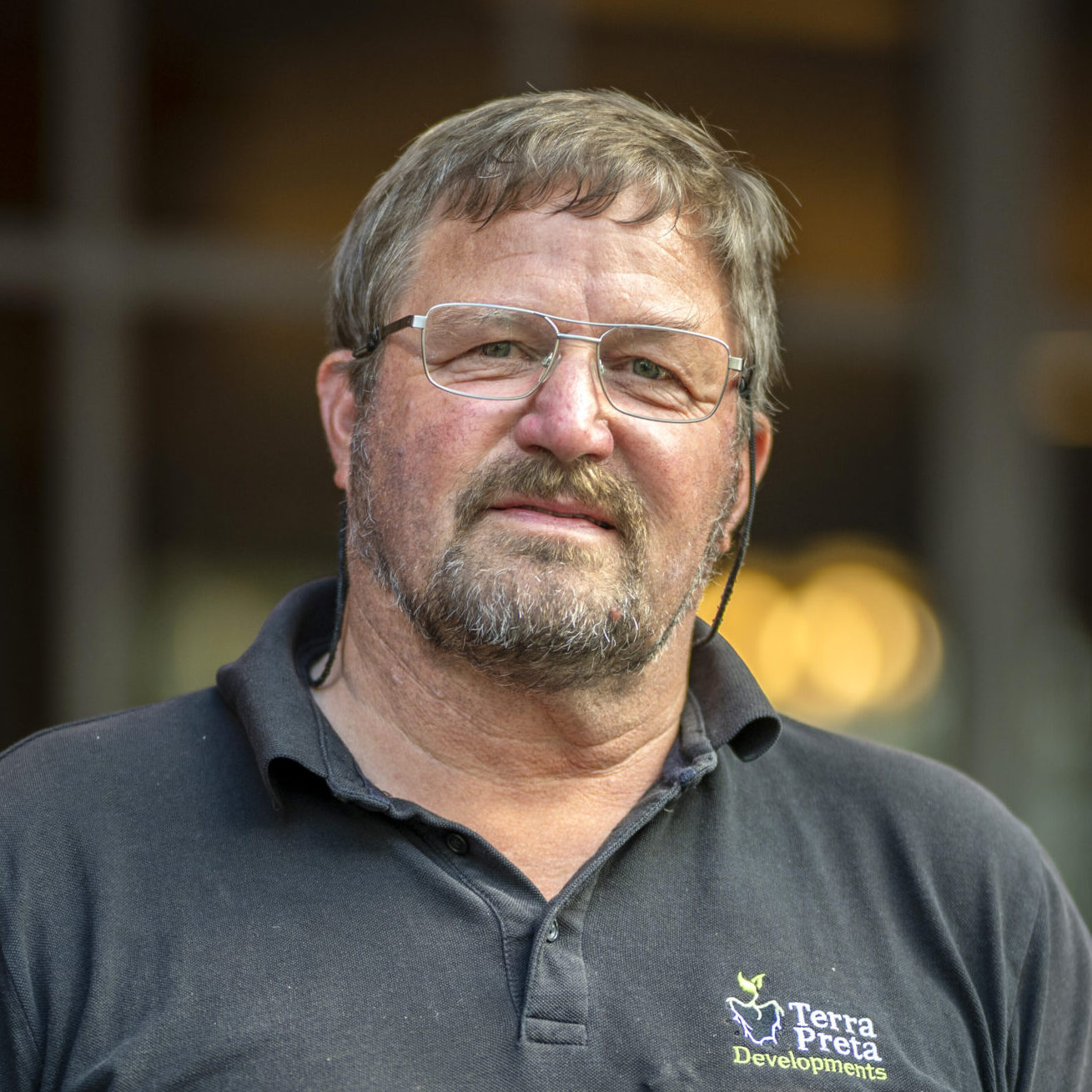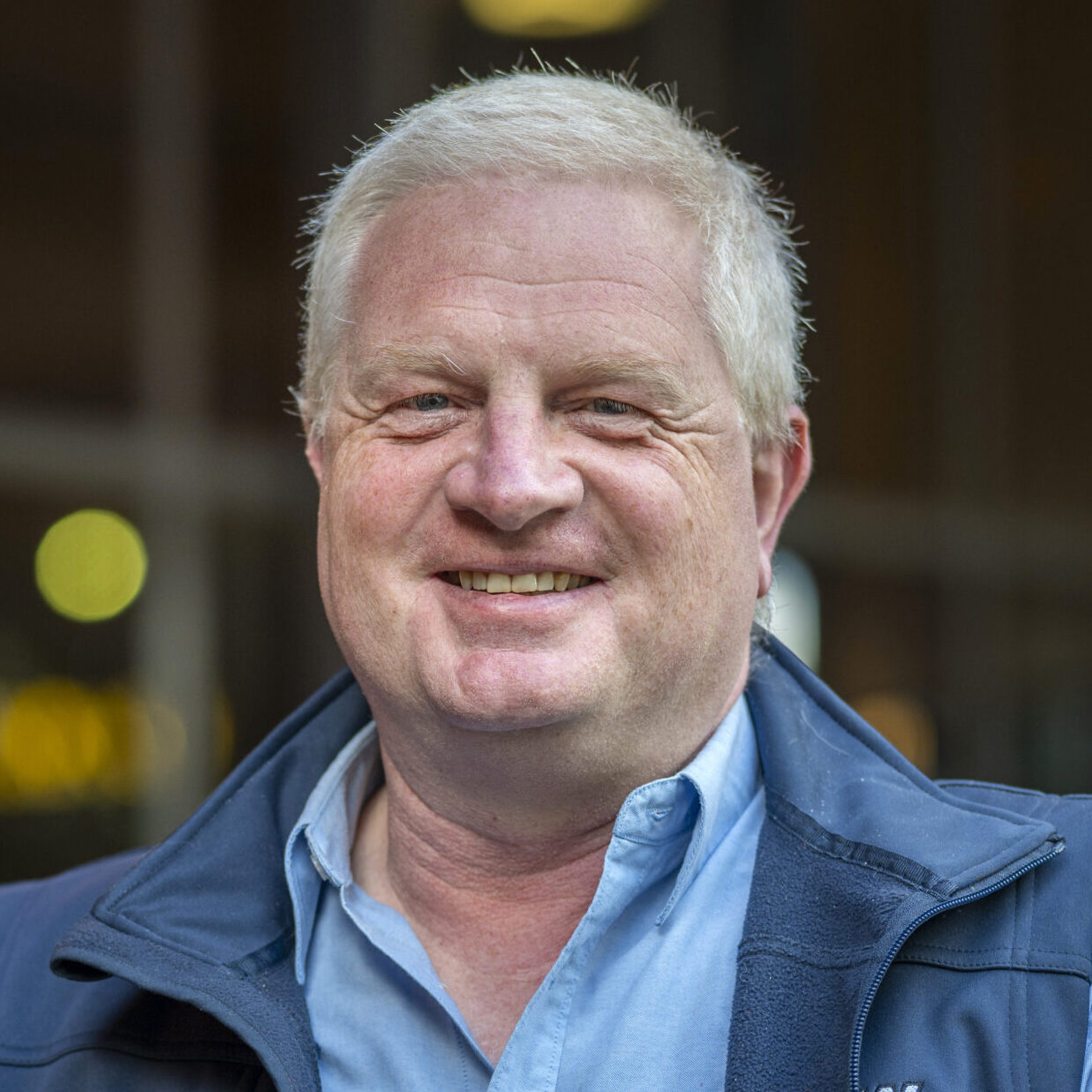Mitchell Plastic Welding (MPW) is at a pivotal stage in establishing a vertically integrated closed-loop plastic manufacturing system in Tasmania. Operating for over 18 years, MPW has evolved from providing pipe welding services to the aquaculture industry to becoming an innovator in plastic solutions, recycling, and injection molding. The driving vision of the leadership team is “to be a trusted innovator in plastic products, solutions and services to enable our stakeholders to thrive”.
MPW has 55 dedicated employees across three sites and demonstrates both the challenges of applying authentic closed loop systems and the tangible benefits of integrating plastic recycling into manufacturing processes. The business is expanding its operations and John Meehan, Operations Manager, is overseeing the construction of a new facility at the Brighton Transport Hub, near Hobart in Tasmania. This state-of-the-art facility will house Tasmania’s largest injection molding machine and advanced recycling technology, for fully integrated re-manufacturing of plastic materials. Through strategic investments, collaborative projects, and a commitment to sustainable manufacturing, MPW exemplifies how small and medium-sized businesses can lead the charge in creating a sustainable future.

MPW is exclusively recycling post-industrial waste, targeting reliable sources of single-stream materials. This includes high-density polyethylene (HDPE), found in irrigation and tunnel plastic, particularly prevalent in northern Tasmania where many berry farmers are located. They also recycle low-density polyethylene (LDPE) and polypropylene (PP), found in feed bags in aquaculture, and both rigid and flexible plastic products found in medical waste.
MPW collaborated with manufacturers of fish food to substitute nylon thread with polypropylene in the stitching on polypropylene food bags. This made the bags 100% polypropylene, eliminating the need to remove stitching as a secondary process, which was cost-prohibitive to recycling. This focus on single-stream post-industrial waste allows MPW to manage a more homogenous input stream, simplifying the sorting process.
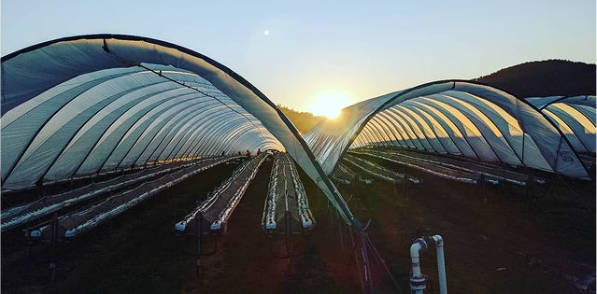
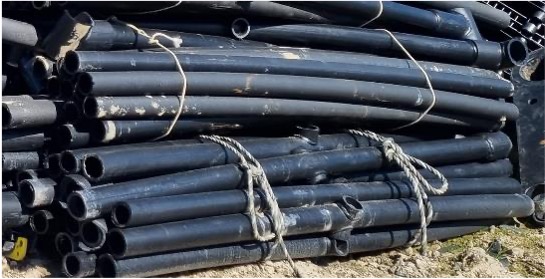
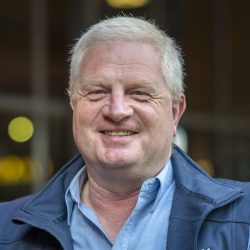
“Having to clearly define the problem to a group is helpful. The active listening and open questions are really valuable.”
John Meehan
Operations Manager, Mitchell Plastic Welding
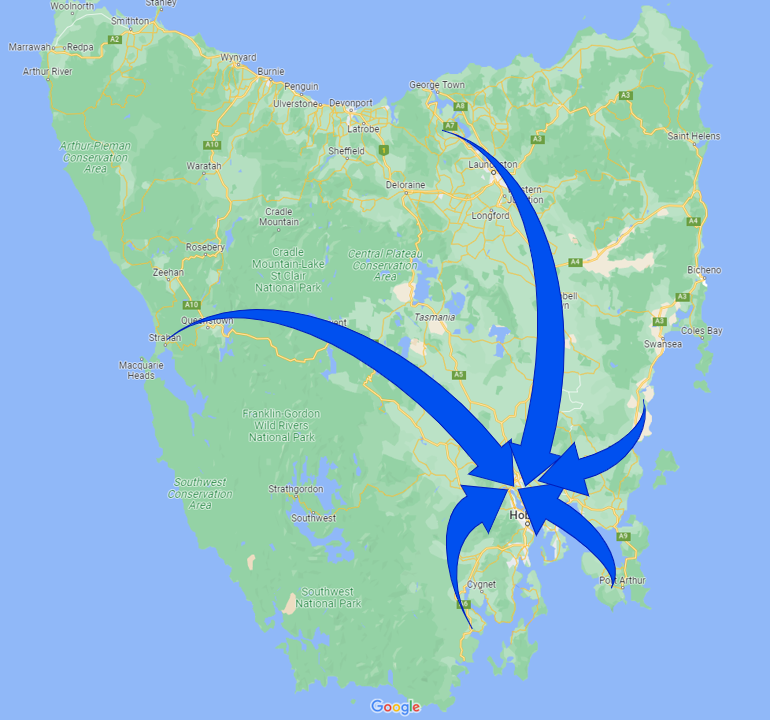
A major challenge for MPW is gathering the right type of plastic, in the right order and quantity, from across Tasmania and transporting it to their facility. MPW is exploring various transport solutions and working with stakeholders across their supply chain to streamline the logistics of a ‘reverse supply chain’.
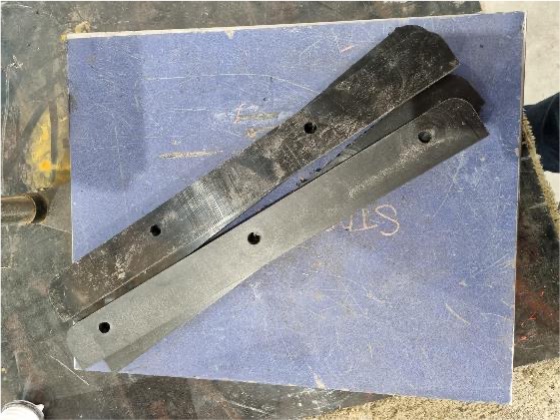
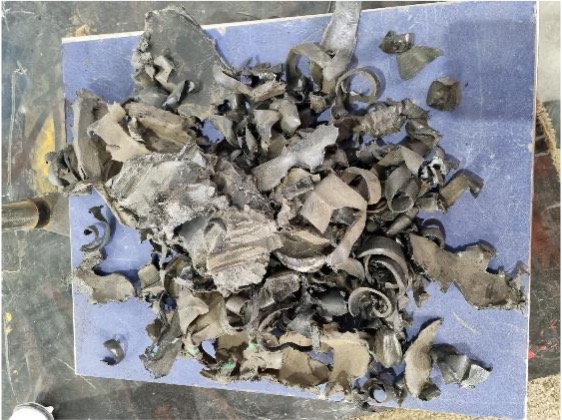
An interesting anomaly is that there is an assumption that shredding or chipping plastic makes it easier to handle and transport. This is not the case and can actually decrease bulk density by creating a larger mass of aerated, light plastic pieces, complicating logistics even further.
During BREP, John developed a process map to model material flows for the recycling, extrusion and moulding lines at MPW. His aim is to balance the collection of materials and the output of their recycling line, with the input capacity of their injection moulding machines, to prevent excess inventory and increase overall equipment effectiveness (OEE) in the new facility.
John identified where materials would be collected and investigated opportunities for containerisation of aggregated loads and ‘back loading’ on existing distribution channels in regional centres. The location of the new facility at the Brighton transport hub is ideal for access to both rail and road transport across the state.
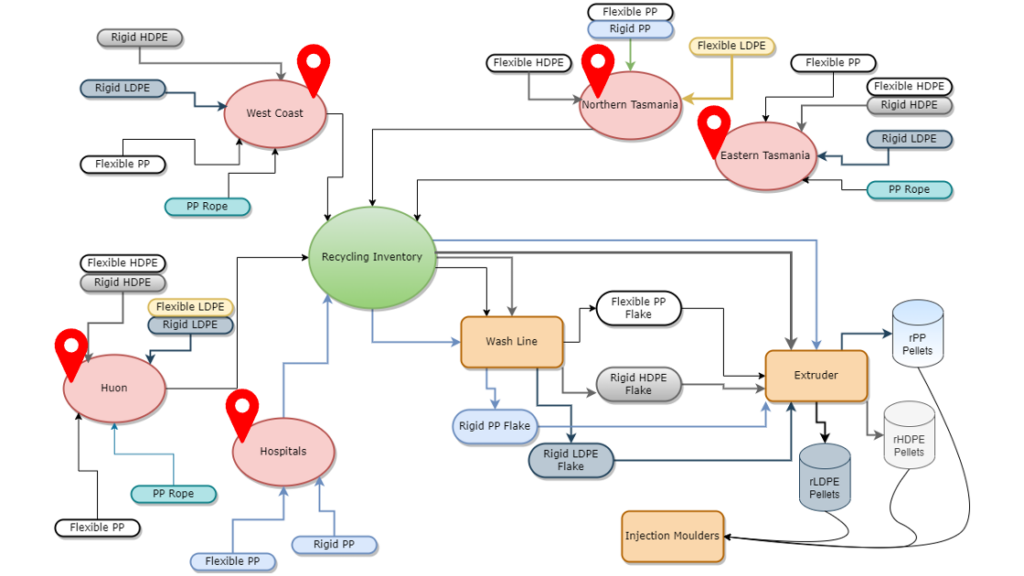
Reverse supply chain management refers to the process of moving goods from their typical final destination back to the manufacturer or another handler for reuse, recycling, refurbishment, or disposal. Unlike traditional supply chains, which focus on the flow of goods from production to consumers, reverse supply chains deal with the return flow; the collection and processing of used goods and materials, to be reintroduced into the production cycle.
Effective reverse supply chain management involves logistics, remanufacturing, recycling processes, and, importantly, designing products with their end-of-life in mind. It requires collaboration across stakeholders, including manufacturers, consumers, waste management entities, and policymakers, to create a seamless system that supports the circular economy. Establishing a reverse supply chain is instrumental in making the transition to more sustainable and resilient business models and MPW is taking a proactive approach beyond the boundaries of their own business to ensure the long-term sustainability of the system they are building.
Learning into action
What have you learnt from John’s experience that you could put into action in your business? Here are three actions you could take right now:
- Identify single-stream products or materials in your operations that could be diverted for recycling.
- Design products that are easy to disassemble into single stream materials.
- Start a conversation with your suppliers and customers about how materials could be transported for remanufacture.

